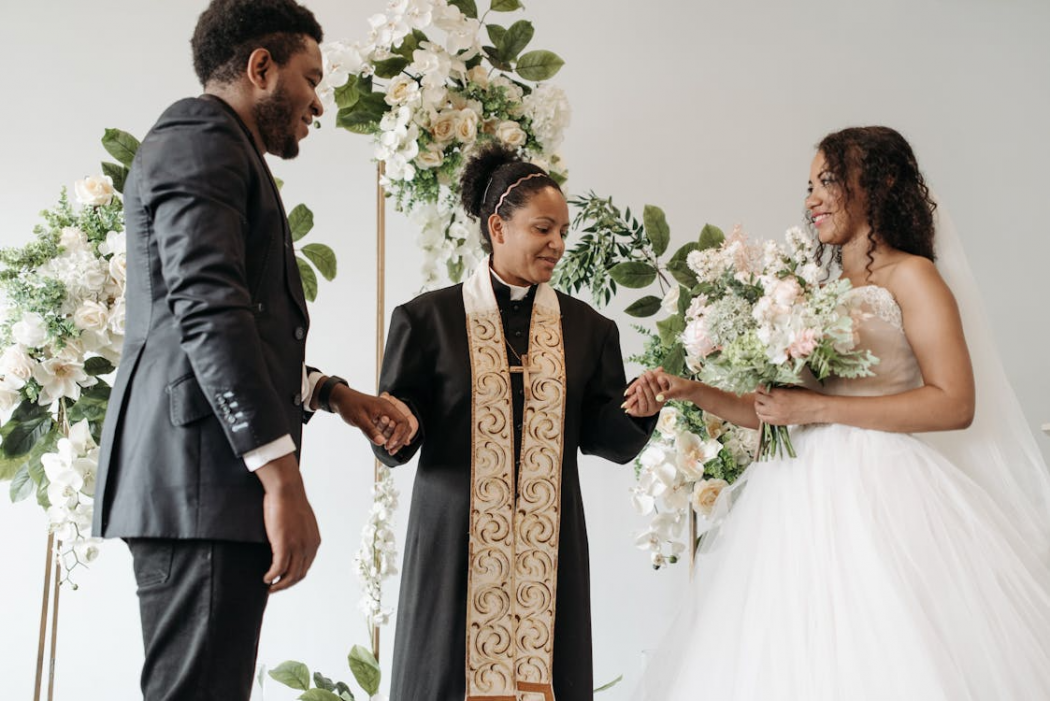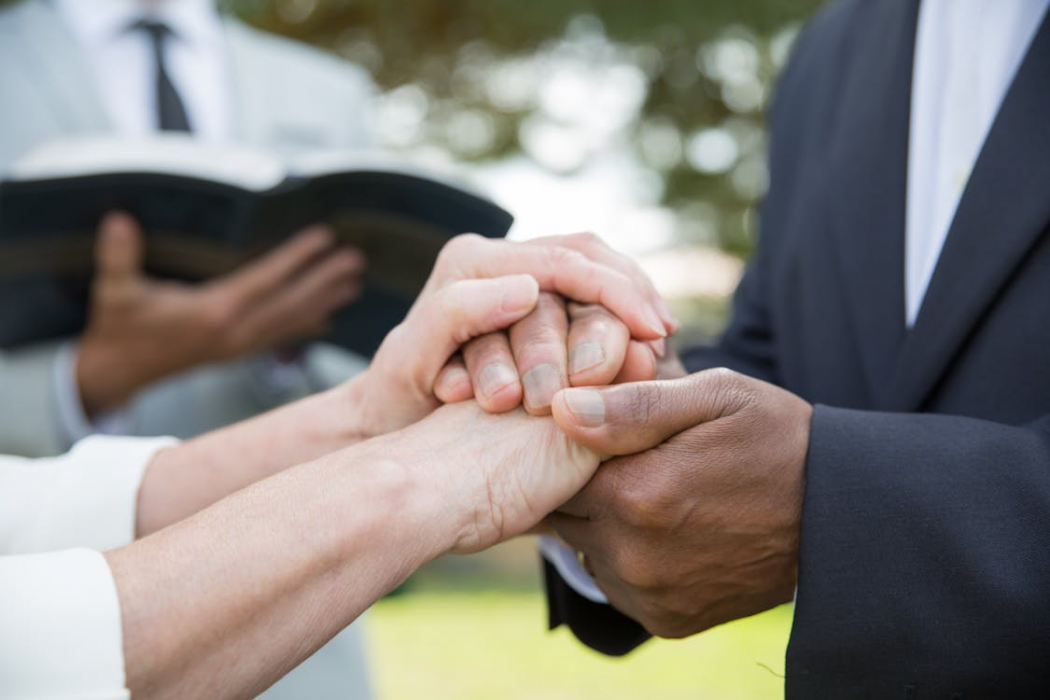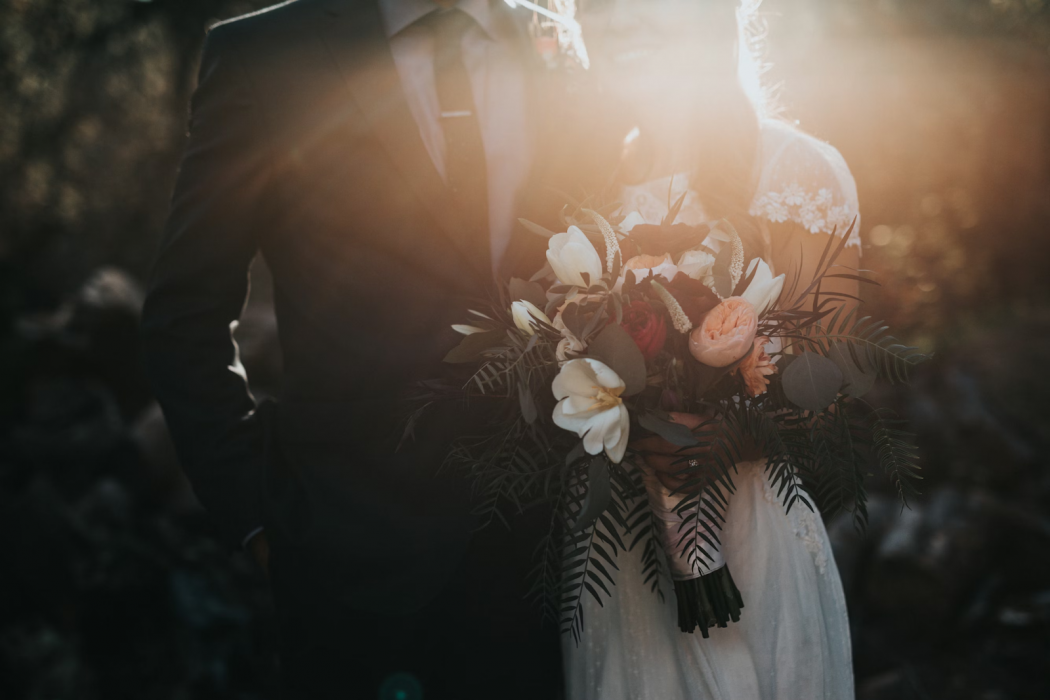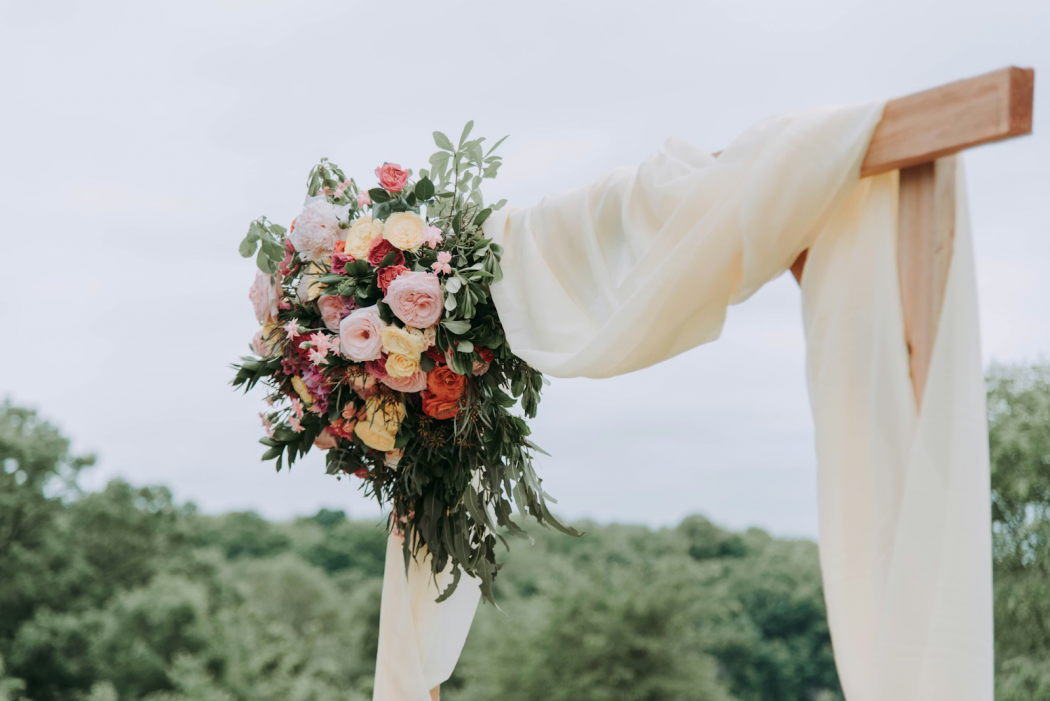
A multicultural wedding is a beautiful celebration of love, heritage and unity. It’s a chance for two families and sometimes two very different worlds to come together and honour traditions that have shaped the lives of both partners. But blending multiple cultures together can also feel overwhelming. How do you respect each tradition without making the day feel rushed or disjointed? How do you balance expectations while still creating a wedding that reflects who you are as a couple?
With thoughtful planning and open communication, a multicultural wedding can be one of the most meaningful and memorable experiences you’ve ever created. Here are four essential tips to help you plan a celebration that honours both backgrounds beautifully.
1 Start with open, honest conversations
Before you dive into planning, sit down with your partner and both families to discuss what traditions matter most. In multi-cultural weddings, expectations soften run hight and misunderstandings can arise if everyone isn’t on the same page.
Ask questions such as:
- Which customs or rituals are non-negotiable?
- Are there any religious requirements to consider?
- What elements genuinely represent your culture versus those done out of obligation?
- How flexible are family members with blending or adjusting traditions?
Having these discussions early builds clarity, reduces stress and ensures everyone feels heard and respected.

2 Educate yourself on each other’s traditions
A meaningful multi-cultural wedding requires understanding – not just inclusion. Take time to learn about the history and significance of each tradition you plan to incorporate. This helps avoid unintentional mistakes and allows you to participate with authenticity and confidence.
You might:
- Attend ceremonies or cultural events related to your partner’s background
- Ask elders to explain customs
- Watch videos or read about specific rituals
- Hire an officiant or planner familiar with both cultures
The goal is to engage not just in the what but the why, making each moment more heartfelt for you and your guests.

3 Create a blended ceremony structure
Blending two cultures into one ceremony can be done in a variety of ways; there’s no single right approach. You should choose a structure that feels natural and meaningful to you and your partner, so the day flows as you would want it to.
Here’s a suggestion that you could follow:
Hold one combined ceremony- merge elements from both cultures into a signal, unified ceremony. This works beautifully when the rituals are flexible or can be adapted.
Host two mini-ceremonies back-to-back- this allows each tradition to shine on its own while still feeling cohesive. Many couples choose to keep both ceremonies on the same day for convenience.
Spread celebrations across multiple days- If both cultures have rich ceremonial practices, consider hosting events on separate days, similar to Indian, Jewish, Chinese or West African wedding traditions that naturally extend over several days.
Whichever format you choose, ensure that transitions feel smooth and that the order of events is clear for the guests.

4 Be mindful and support guests coming from other countries
Multicultural weddings often involve guests travelling from around the world. Offering support not necessarily financial, but logistical, can significantly improve either experience. For example, if you had family coming from India to the UK and they didn’t have British citizenship, they may have to get a Visa for their stay.
Send travel details early
International guests need more time to plan, therefore it’s essential to send the dates eight months to a year in advance and include
- Airport recommendation
- Suggested arrival dates
- Seasonal weather information
- Visa requirements
Create a travel-friendly wedding schedule
Built in buffer time for jet lag, especially if many guests are travelling long distances. Consider hosting a welcome dinner or a casual meet-and-greet so everyone can settle I before the main events.
Prepare a digital guide
A downloadable PDF or website section with maps, tips, dress codes, currency information and cultural etiquette can make guests feel both comfortable and excited.
Being thoughtful about travel shows appreciation for the effort your guests make to celebrate with you.
Final thoughts
A multicultural wedding is more than a ceremony; it’s a celebration of love, family, and the richness of shared heritage. With open communication, thoughtful planning and a willingness to honour each other’s traditions, you can create a wedding that is harmonious, inclusive and deeply meaningful.